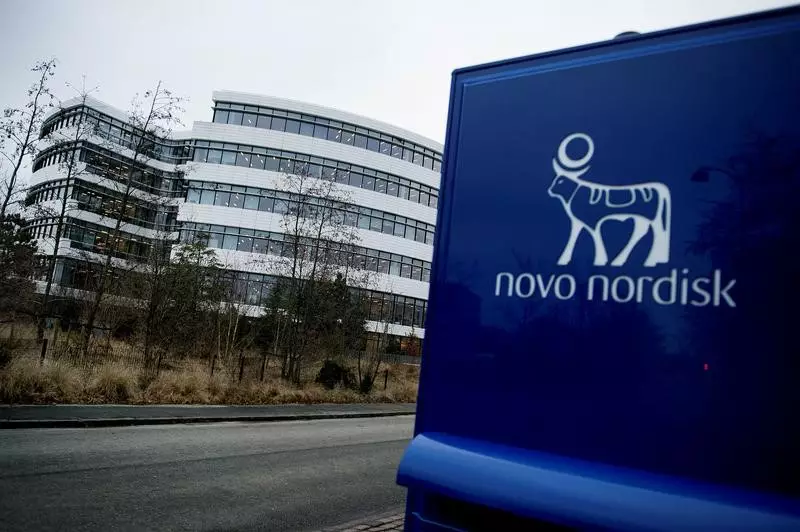The recent announcement from the U.S. Department of Health and Human Services (HHS) regarding the inclusion of Novo Nordisk’s flagship products, Ozempic and Wegovy, in the list of medications selected for Medicare price negotiations has sparked notable concern among investors. On Friday, shares of Novo Nordisk (NYSE:NVO) plummeted by 3.6%, contributing to a staggering 24% downturn that the company has experienced in 2025 alone, alongside a more painful 39% drop over the past six months. This sudden decline underscores the anxiety surrounding price transparency and cost control in the pharmaceutical sector, especially as the market braces for possible impacts on revenue.
The Significance of the Inflation Reduction Act
At the heart of this development is the Inflation Reduction Act (IRA), a legislative measure aimed at curbing healthcare costs, particularly for prescription medications. Under the IRA, the HHS commenced its second cycle of negotiations intended to ease financial burdens on Medicare beneficiaries by targeting high-cost drugs. This new initiative has drawn particular attention to fifteen medications, which collectively accounted for around $41 billion in gross prescription costs under Medicare Part D from November 2023 to October 2024. HHS Secretary Xavier Becerra emphasized the transformative nature of these negotiations in providing access to essential, life-saving treatments while lowering drug prices.
The implication of these negotiations extends beyond Medicare beneficiaries. For a company like Novo Nordisk, which has witnessed unprecedented growth through its diabetes and obesity treatments—Ozempic and Wegovy—the stakes are considerably high. The potential for reduced reimbursement prices directly threatens the future revenue stream of these crucial products.
Future Prospects and Strategic Considerations
The inclusion of Ozempic and Wegovy in the negotiation process presents a dual challenge for Novo Nordisk. While the company’s innovations contribute significantly to its market valuation, regulatory pressures and pricing negotiations may compel a reevaluation of its business strategies. Investors are keenly observing whether Novo Nordisk will adapt to maintain its competitive edge in a possibly altered pricing landscape.
Moreover, as the negotiations are set to commence this year with new pricing models expected to take effect in 2027, the financial markets are likely to experience fluctuations impacted by speculation regarding these anticipated changes. The overarching aim of the Medicare Drug Price Negotiation Program is not merely to negotiate lower prices but to ensure a sustainable and affordable healthcare ecosystem for all, a goal that may place additional pressure on pharmaceutical companies.
The stock market’s negative response to the HHS announcement reflects deeper anxieties about the implications of price negotiations for pharmaceutical companies like Novo Nordisk. As the market grapples with the potential impacts on revenue from critical drugs, the conversation around drug pricing and access continues to gain momentum. Investors, healthcare providers, and policymakers must navigate this intricate landscape, considering both the immediate corporate repercussions and the broader implications for healthcare affordability and innovation.

